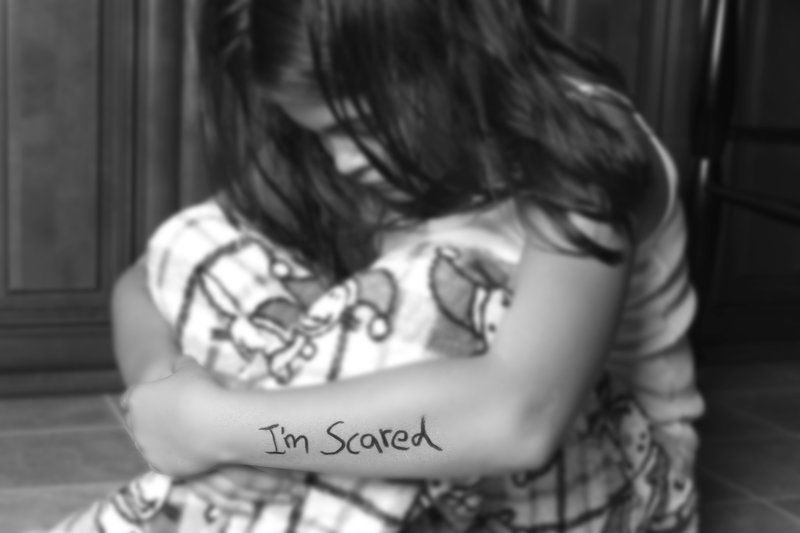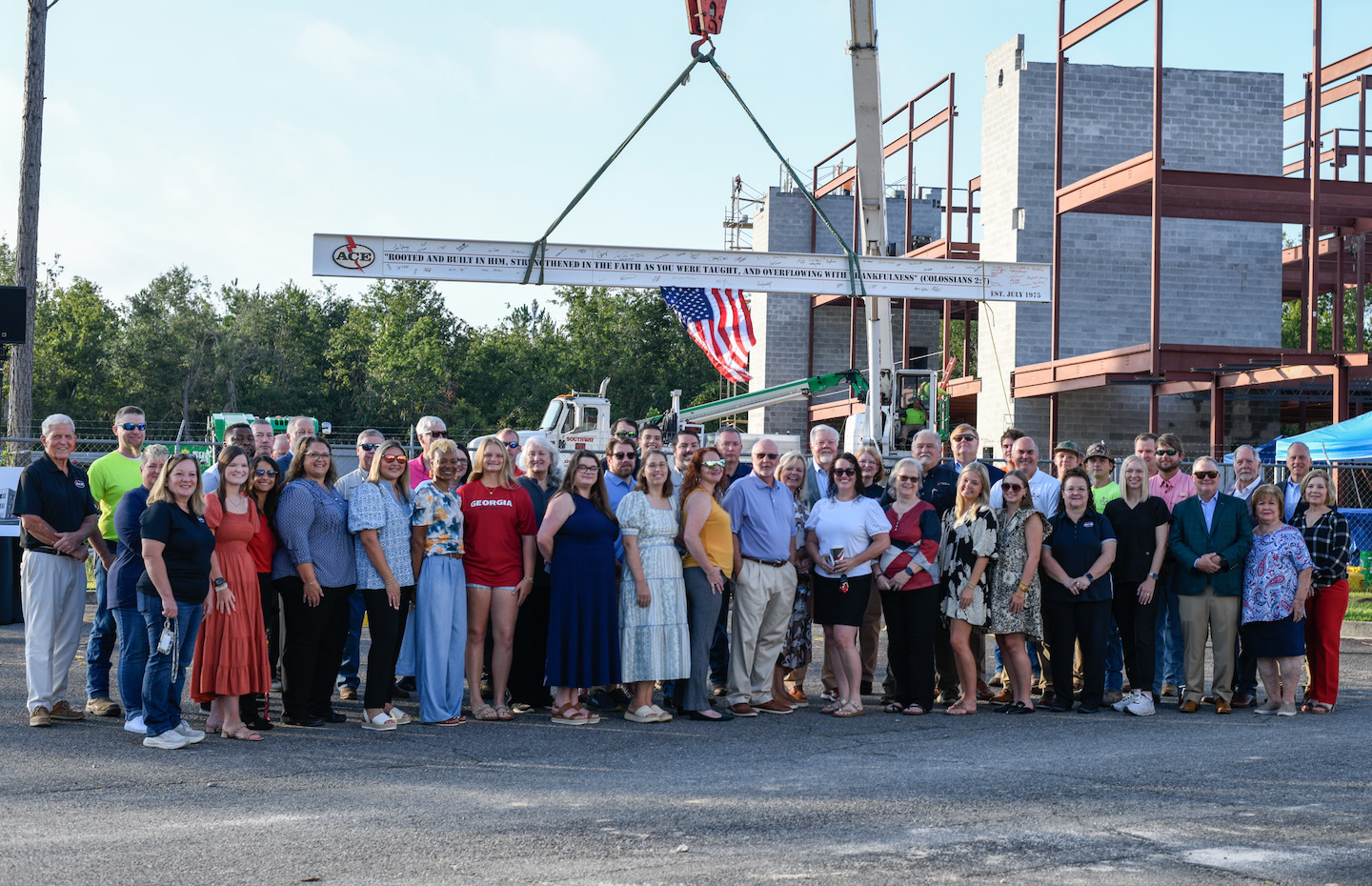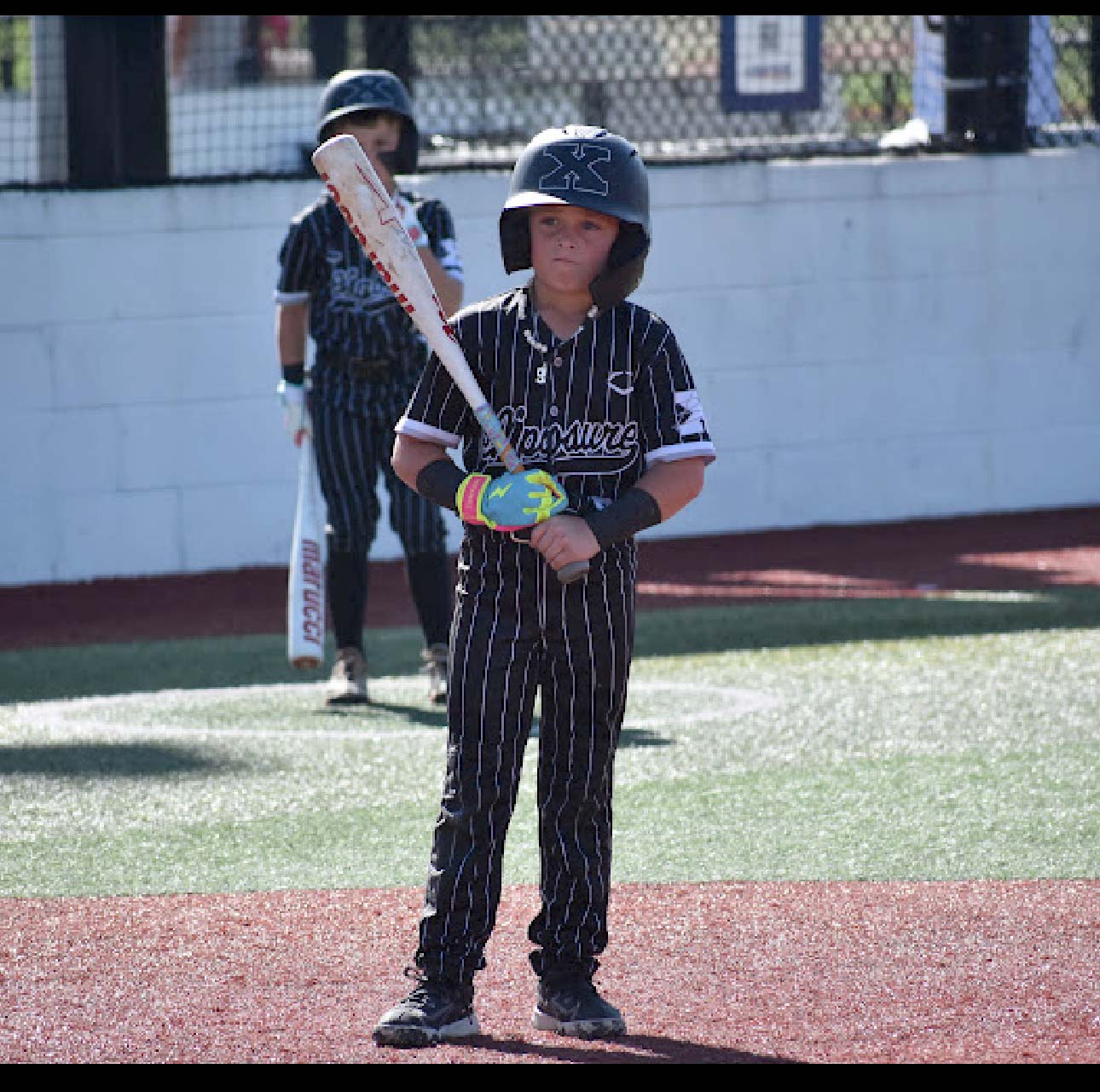Lowndes abuse cases unaffected by pandemic
Published 1:00 pm Thursday, April 9, 2020

- Photo Illustration by Derrek Vaughn | The Valdosta Daily TimesLow numbers in reported child abuse cases do not translate to children not being abused; the signs are just not being noticed, according to the Children's Advocacy Center of Lowndes County.
VALDOSTA – On April 1, Gov. Brian Kemp stood during an Atlanta press conference and briefly conveyed the impact the novel coronavirus pandemic has had on domestic violence cases.
Trending
He revealed while there’s a decrease in reports of child abuse to his office, an Atlanta hospital had reported a 15% increase in cases.
“This is disturbing and alarming, and it cannot be tolerated,” Kemp said during the press conference.
While other areas of Georgia may have seen a rise in domestic violence cases, local agencies and leaders said Lowndes County has had no increase in numbers and the number of reported cases is not unusual.
Law-enforcement officers, Children’s Advocacy Center of Lowndes County and The Haven employees respond to these calls.
The Lowndes County Sheriff’s Office has not seen a rise, responding to an average of two calls within a 24-hour period, Lowndes County Sheriff Ashley Paulk said this week.
He characterized the amount to be “business as usual,” noting some nights deputies may not receive a domestic call at all.
Trending
“We hadn’t had any violent ones in quite a while,” Paulk said.
He said the calls deputies have answered lately are “scratches on arms” and do not involve guns or punching.
With Kemp’s mandate of a shelter-in-place order through April 13, people are told to remain in their homes unless it’s necessary to do otherwise.
Paulk said the order has not elevated the domestic violence caseload in Lowndes County.
“People (are) staying home,” he said. “I guess the house might be big enough, they just get into another room but we’re really not seeing a spike in it at all. If it goes on longer, you can very well see – they call it cabin fever.”
Valdosta Police Chief Leslie Manahan estimated her department encounters “less than five (cases) a day, if even that amount,” of reported domestic violence.
Like the sheriff’s office, the pandemic has not affected the Valdosta Police Department caseload, she said.
Meanwhile in Hahira, Lt. Shannon Kingston said the city police department has only had an increase in calls regarding verbal arguments but no physical assaults.
In recent weeks, Hahira officers have had to be on standby at homes after verbal exchanges while people grab their belongings to stay with someone else.
“Right now, everyone’s still happy,” she said.
With law-enforcement officers saying they have not engaged in high traffic of domestic violence calls, a local agency is having a different experience.
The Haven is a 24-hour nonprofit that assists people who have endured physical, mental, sexual and verbal assault.
Incoming calls typically have a decline coming into March, but Michelle Girtman, executive director, said the calls remain constant and have not had the expected drop.
Karen Yawn, shelter director, said the organization averages 130 calls per month.
Girtman said the number has been about 10% higher than normal in recent weeks.
“Sometimes, we see a slow period, but we have not seen a slow period at this point,” she said. “Our calls have increased, and we’re trying to navigate those calls.”
With a full shelter that holds 22 women and children, Girtman said The Haven is having to put clients in hotels or other shelters statewide.
Clients are being served both by telework and at The Haven’s center, and some clients are in “safe homes,” Yawn said.
She said there is concern people are enduring abuse in their homes but are unable to escape.
She and Girtman expressed a foreshadowing of a heightened level of calls.
“I do expect our crisis calls to double once everything’s back to normal,” Girtman said, adding people will be able to leave their homes, get away from the abuser, and have enough freedom to contact The Haven.
She said she believes anyone facing domestic violence is fearful of their life and fearful to call her agency for help.
“Where are you going to go?” Girtman asked. “If we’ve called for shelter in place, and you’re laid off, where are you telling your significant other or your abuser you’re going? How do you get out? They’re afraid to leave at this point.”
Kemp credited the reduction of child abuse cases to educators not being around students on a daily basis to notice the signs.
Ashley Lindsay, executive director of the Children’s Advocacy Center of Lowndes County, said she believes this to be true.
She said while the amount of domestic violence cases hasn’t been impacted within her agency locally, cases have been affected statewide.
“The kids are outside of their normal structured environment, so they’re not getting those eyes on them from people outside of the house,” Lindsay said. “I think because stress and anxiety levels has risen that a lot of children will be the victims or violence and neglect.”
In March 2019, the CAC completed 30 forensic interviews. Last month, nine forensic interviews were completed.
The dwindling is not reflective of reality for the counties the CAC serves, which include Lowndes, Lindsay said.
A fall in reports does not mean less children are being abused; for Lindsay, the signs are not being detected with people having to stay separated and at home.
“Unfortunately, that means that the abuser just has a prime opportunity to wield the power right now,” she said.
People are facing more hardships due to changes and the COVID-19 pandemic which heightens tension levels for parents, she said.
Lindsay urges people to conduct virtual chatting to check on kids and ensure they’re OK. In doing so, people can also learn how to relieve potential stress within the home – a factor of child abuse, she said.
“If nothing else, just set up a time to call to FaceTime with the kids or Zoom meet with the kids for 30 minutes,” Lindsay said. “That gives that parent that 30-minute break that they need to just breathe and take a breath and just kind of walk away.”
Spending time with children outdoors can be a stress reliever, as well, she said.
Signs of abuse within children are injuries, wearing long-sleeved clothing not suitable for current temperatures and disengaged mannerisms, she said.
Yawn said signs to look for in adults include avoiding eye contact, the inability to hold conversation with others for fear of being questioned, staying to one’s self and not coming outside for long periods of time.
Girtman said another sign is someone not being able to talk on the phone.
The Haven crisis lines are (229) 241-7047 and 1 (800) 334-2836.
Law-enforcement tells anyone who is being abused or anyone suspecting someone else is being abused to call 911 immediately.
The Georgia Crisis and Access Line is available at 1 (800) 715-4225.
Kemp shared the Department of Family and Children Services Child Abuse and Neglect hotline number during his press conference. It is 1 (855) 422-4453 and is open 24 hours daily.






